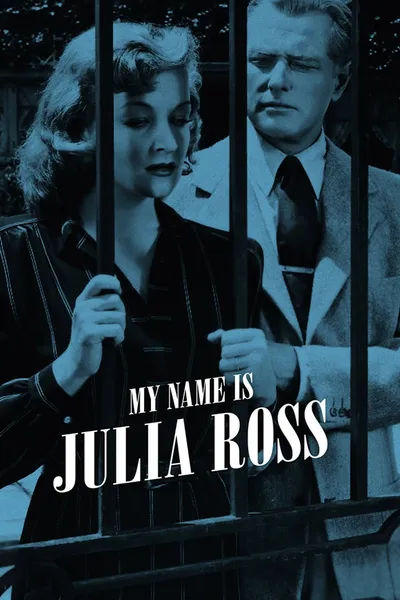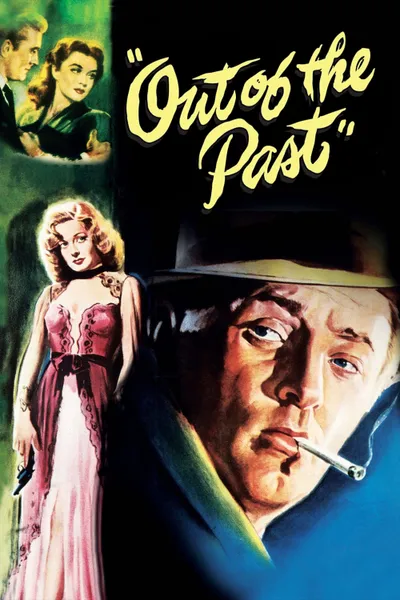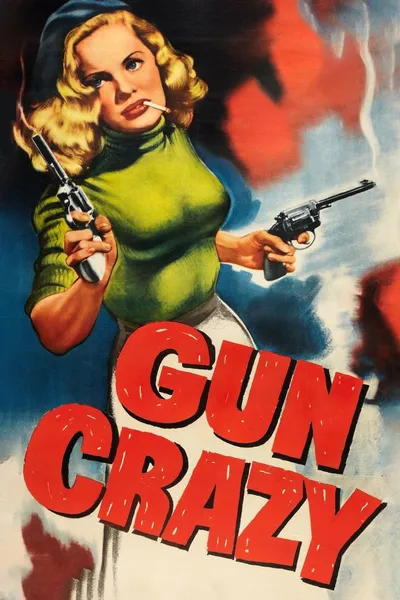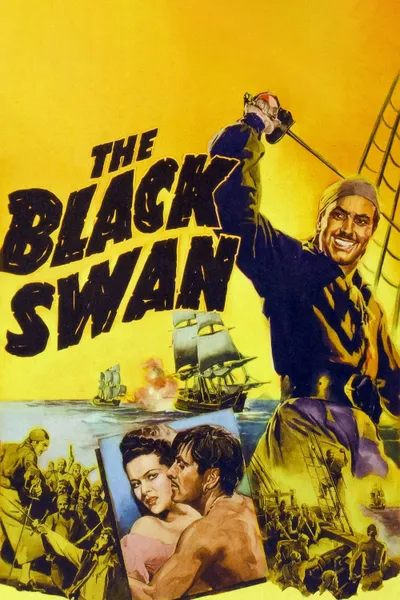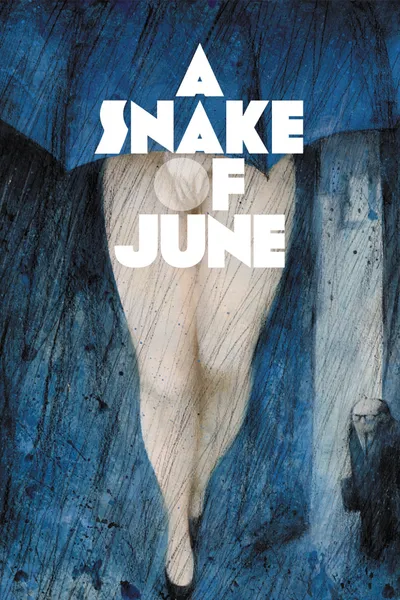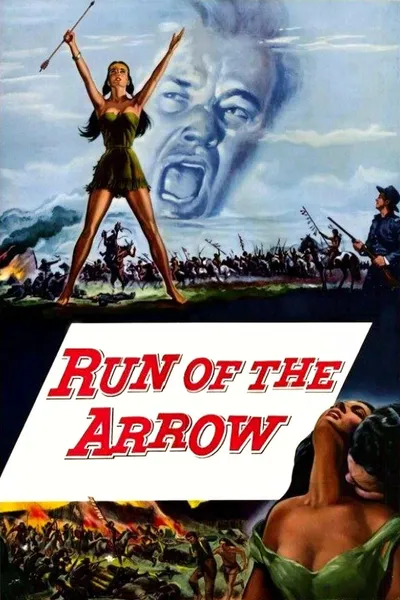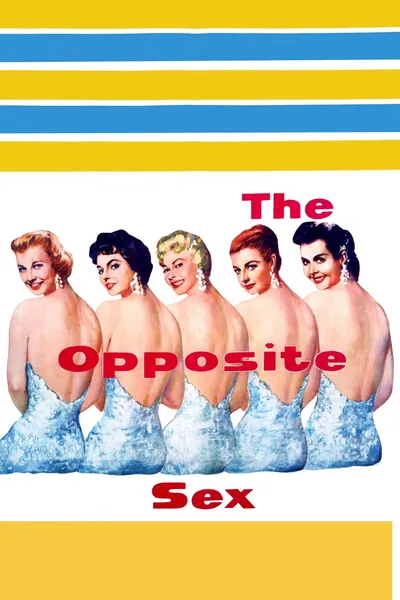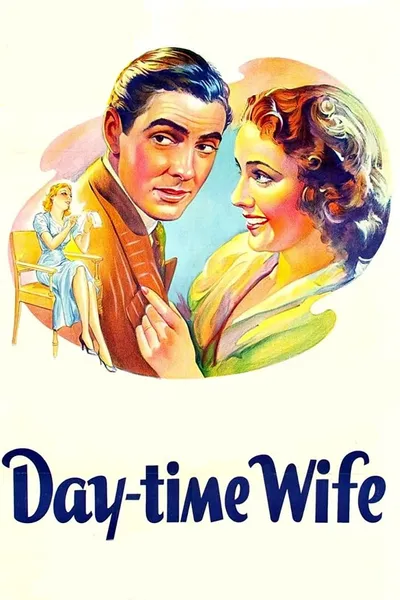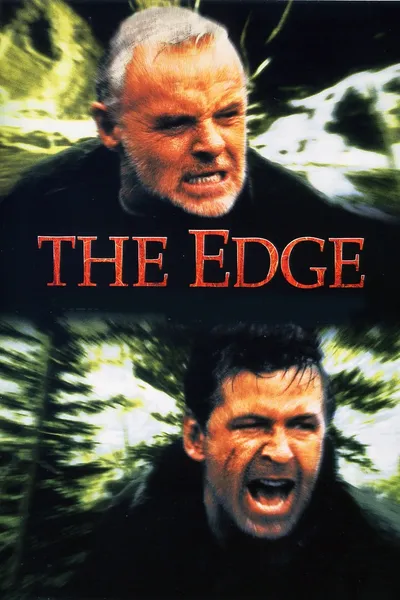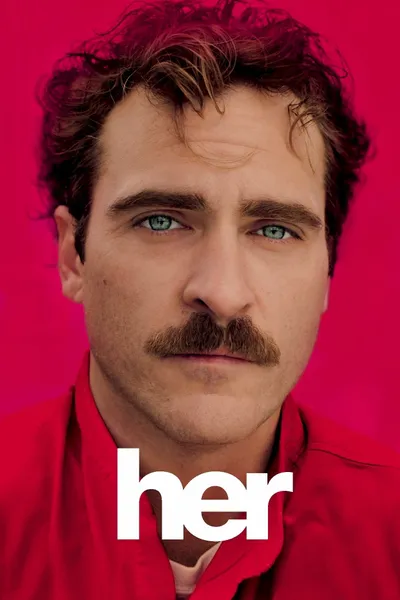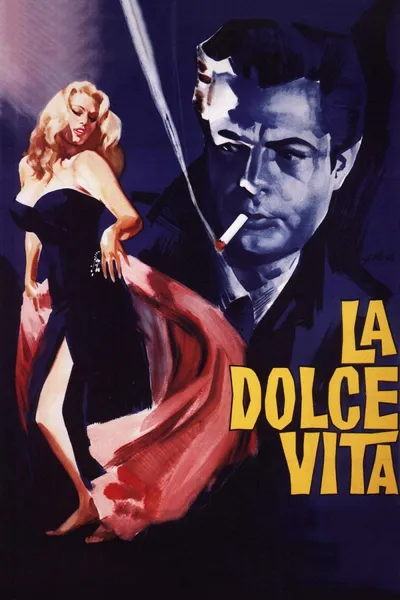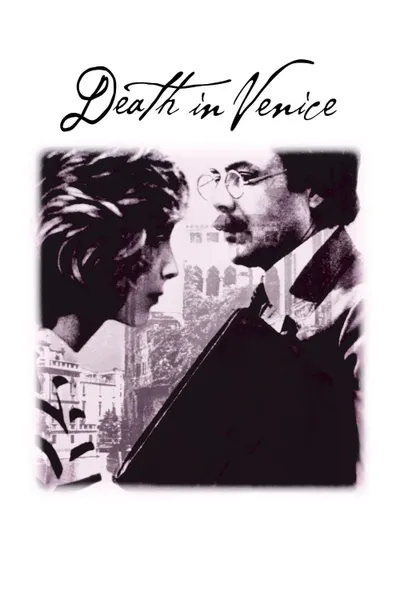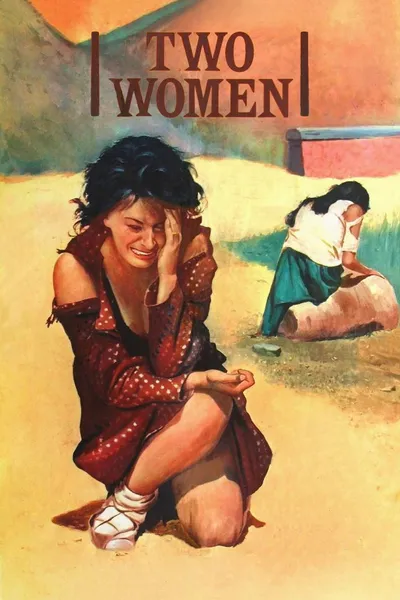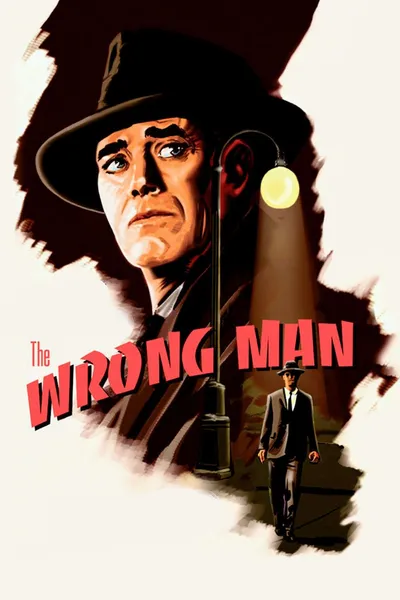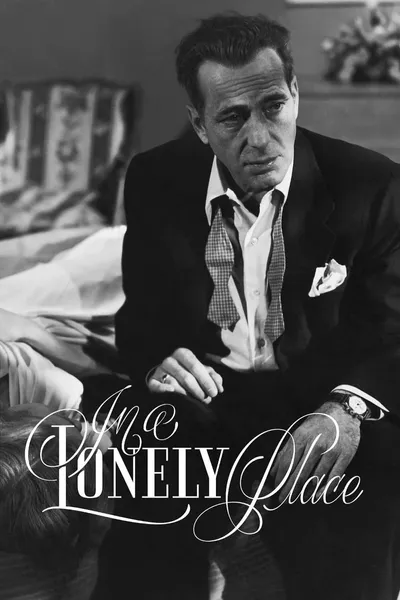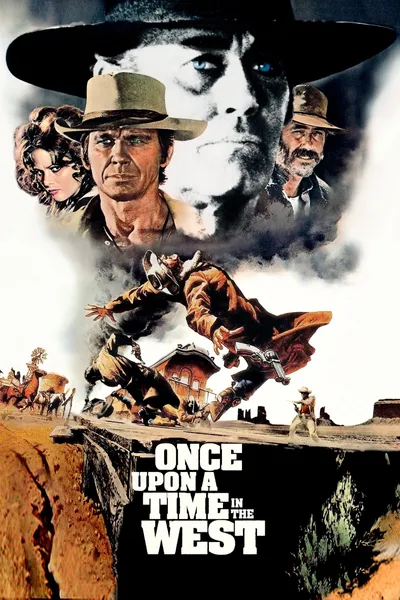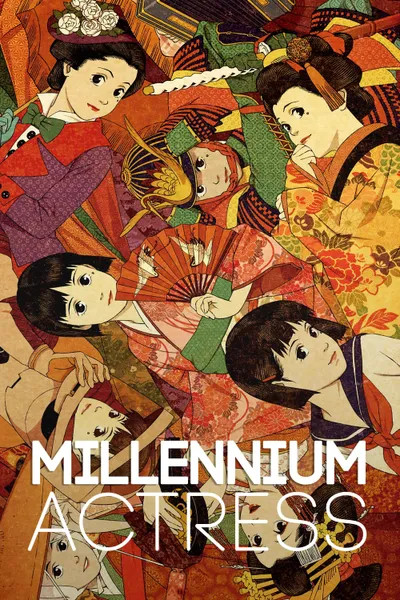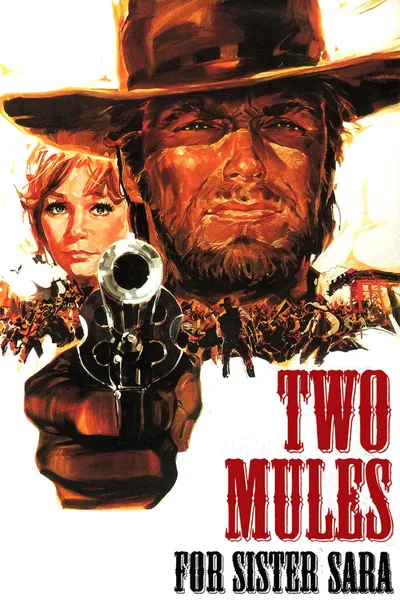Reviews

John Chard
November 19, 20138.0
We're doing everything in our power to make you well again.
My Name Is Julia Ross is directed by Joseph H. Lewis and adapted to screenplay by Muriel Roy Bolton from The Woman in Red written by Anthony Gilbert. It stars Nina Foch, Dame Mary Witty, George Macready, Roland Varno, Anita Sharp-Bolster and Doris Lloyd. Music is by Mischa Bakaleinikoff and cinematography by Burnett Guffey.
Julia Ross (Foch) out of work and in debt arrears to her landlady, hastily accepts a in-house secretarial position to Mrs. Hughes (Whitty). Starting work in the Hughes house in London the first night, she wakes up two days later in a cliff-top mansion in Cornwall. She is told she has been away with mental health problems, her name is Marion Hughes and she is married to Ralph Hughes (Macready)...
A very important film in the career of the great Joseph H. Lewis, My Name is Julia Ross would effectively put the director on the map, with noir fans subsequently rewarded with the likes of Gun Crazy and The Big Combo. Compact in running time (65 minutes) and budget, it's a film that showcases just what real good work could be achieved by a director and photographer noir team working under tight restrictions; classical noir production if you like.
Story as it is is pretty straightforward and familiar, but atmosphere and visual smartness ensure this is no walk down retread lane. It falls into the Gothic noir spectrum of films, following in the traditions of Rebecca, Gaslight and Suspicion. In fact, it's also very much "old dark house" on staple terms, with eerie staircase, wood panelled rooms, secret passageways and even a black cat. While the setting, house on a seaside cliff where the mist rolls in at night, is splendidly moody.
The characterisations (very well performed by the cast) are vivid and odd, with us clearly meant to note that Julia Ross is clearly the only normal being in the Hughes household! Best of the bunch is Macready's Ralph Hughes, the catalyst for all the things that are happening, he fondles his knives like a fetishist, a truly memorable noir antagonist.
Ultimately it's what Lewis and Guffey bring to the fore that makes the film better than it is on the page. Expressionistic touches are here of course, but it's the skew-whiff camera placements and up close POV shots that bring the viewer into Julia's confused new world. Memorable scenes are frequent, be it a rain sodden street or Julia peering through the bars of her bedroom, there's visual treats aplenty here.
The ending is all to quick and as is often the case in this type of narrative, implausibilities need to be ignored. But that is easy to do, because with atmosphere unbound and not a shot wasted, this is a safe recommendation to the Gothic noir faithful. 8/10
Recommendation Movies
Out of the Past1947
Gun Crazy1950
The Black Swan1942
A Snake of June2003
Run of the Arrow1957
The Opposite Sex1956
Day-time Wife1939
The Edge1997
Crazy, Stupid, Love.2011
Her2013
Tarzan II2005
Full Metal Jacket1987
La Dolce Vita1960
Death in Venice1971
Two Women1960
The Wrong Man1956
In a Lonely Place1950
Once Upon a Time in the West1968
Millennium Actress2002
Two Mules for Sister Sara1970
© 2024 MoovieTime. All rights reserved.Made with Nuxt
